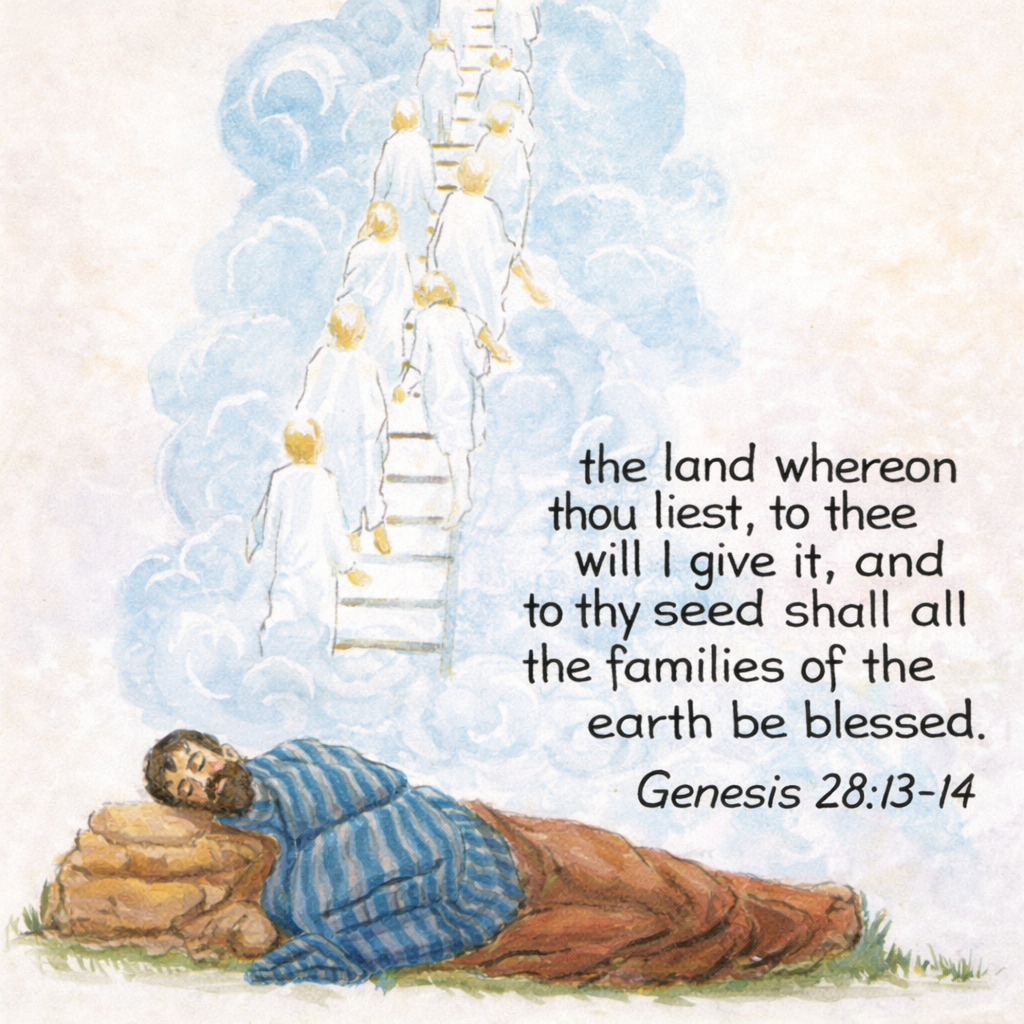The Promises to the Patriarchs
Death of Sarah
Abraham buries Sarah his wife (Genesis 23)
The sad events of this chapter tell of the death of Sarah at the age of 127 years. Isaac was now a man of 37 years. As we read through this chapter we are impressed with the fact that Abraham remained “a stranger and a sojourner” in the land of Canaan (Genesis 23:4). It was necessary therefore for him to buy a portion of land that he and his sons could use for a place to bury their dead.
Abraham negotiated for a portion of land near Hebron called the “cave of Machpelah” (Genesis 23:9). This land became the burial place of Abraham and Sarah, Isaac and Rebekah, and Jacob and Leah (Genesis 49:29–33). It is important to note that Abraham never had possession of the land which God promised to him. This promise is yet to be fulfilled when Christ returns and raises the dead. Then Abraham and his seed will inherit the land for ever (cp Acts 7:5; Hebrews 11:13–16).
A Wife for Isaac
A wife for Isaac (Genesis 24)
In this chapter we see the concern that Abraham showed in selecting a wife for Isaac, his son. He committed the outcome of this matter to God (Genesis 24:7). We also note that his servant who was sent on this errand also continually sought God’s help in prayer (Genesis 24:12–14, 26–27, 52). The result was that Rebekah returned with Abraham’s servant to be Isaac’s wife.
Here we have the comforting reassurance that God overshadows and directs the lives of those who commit their ways to Him and sends His angels to superintend their lives (Hebrews 1:14; Psalm 34:7).
Esau and Jacob
Esau and Jacob—the sons of Isaac and Rebekah (Genesis 25–36)
Isaac and Rebekah had twin sons, Esau the firstborn and Jacob. These two sons became the fathers of two nations. Esau became the father of the Edomites and Jacob, whose name was later changed to Israel (Genesis 32:28; 35:10), became the father of the nation of Israel. In reading through the history of the lives of Isaac and Jacob we note that the promise to Abraham, regarding the land and his seed through whom all nations were to be blessed, was restated to these two patriarchs.
God Repeats the Promises to the Patriarchs
God repeats the promise to Isaac (Genesis 26:3–5)
“Sojourn in this land, and I will be with thee, and will bless thee; for unto thee and unto thy seed, I will give all these countries, and I will perform the oath [Genesis 22:16–18] which I sware unto Abraham thy father. And I will make thy seed to multiply as the stars of heaven, and will give unto thy seed all these countries, and in thy seed shall all the nations of the earth be blessed” (cp Genesis 12:3; 22:18).
God again repeats this promise to Jacob (Genesis 28:13,14)
“I am the Lord God of Abraham thy father, and the God of Isaac: The land whereon thou liest, to thee will I give it, and to thy seed; and thy seed shall be as the dust of the earth, and thou shalt spread abroad to the west, and to the east, and to the north, and to the south: and in thee and in thy seed shall all the families of the earth be blessed” (cp Genesis 12:3; 22:18; 26:3–5).
The “seed” that was promised to Abraham did not find its fulfilment in Isaac or Jacob, but as we have seen from the New Testament it referred to the Lord Jesus Christ. Through him all nations can share the blessings promised to Abraham, Isaac and Jacob.
Jacob Who Was Named “Israel”
Jacob, father of the twelve tribes of Israel (Genesis 28–30)
Jacob was sent back to the family of Rebekah in Padan-aram to seek a wife from his mother’s family. There he took two wives, Leah and Rachel, and from them and their handmaids came his 12 sons, who were the fathers of the 12 tribes of Israel. A summary of the family tree from Abraham to Jacob and his sons is set out opposite.
Jacob’s name is changed to Israel (Genesis 32)
The name of the nation of Israel is derived from the name which God gave to Jacob. Jacob was returning to the land of Canaan from Padan-aram where he had married his two wives, Leah and Rachel. He now had eleven sons and large herds and flocks. On his way he was met by an angel of God. The angel told Jacob: “Thy name shall be called no more Jacob, but Israel: for as a prince hast thou power with God and with men, and hast prevailed” (Genesis 32:28). This was repeated a little later when he came to Bethel (Genesis 35:9–12). The name Israel means “prince with God”.
So Jacob returned and settled once again in the land of Canaan. The account of the incidents associated with the life of Jacob are found from Genesis 25–49. As we read through these chapters we see the development of his trust and faith in God. In his earlier years he had often planned and plotted to achieve his desired purpose, but finally he realised that complete trust in God alone was the answer to all life’s trials. For this reason we find his name listed among the faithful in Hebrews 11:21.
Adapted from “The Exploring the Bible Course” by David Evans

